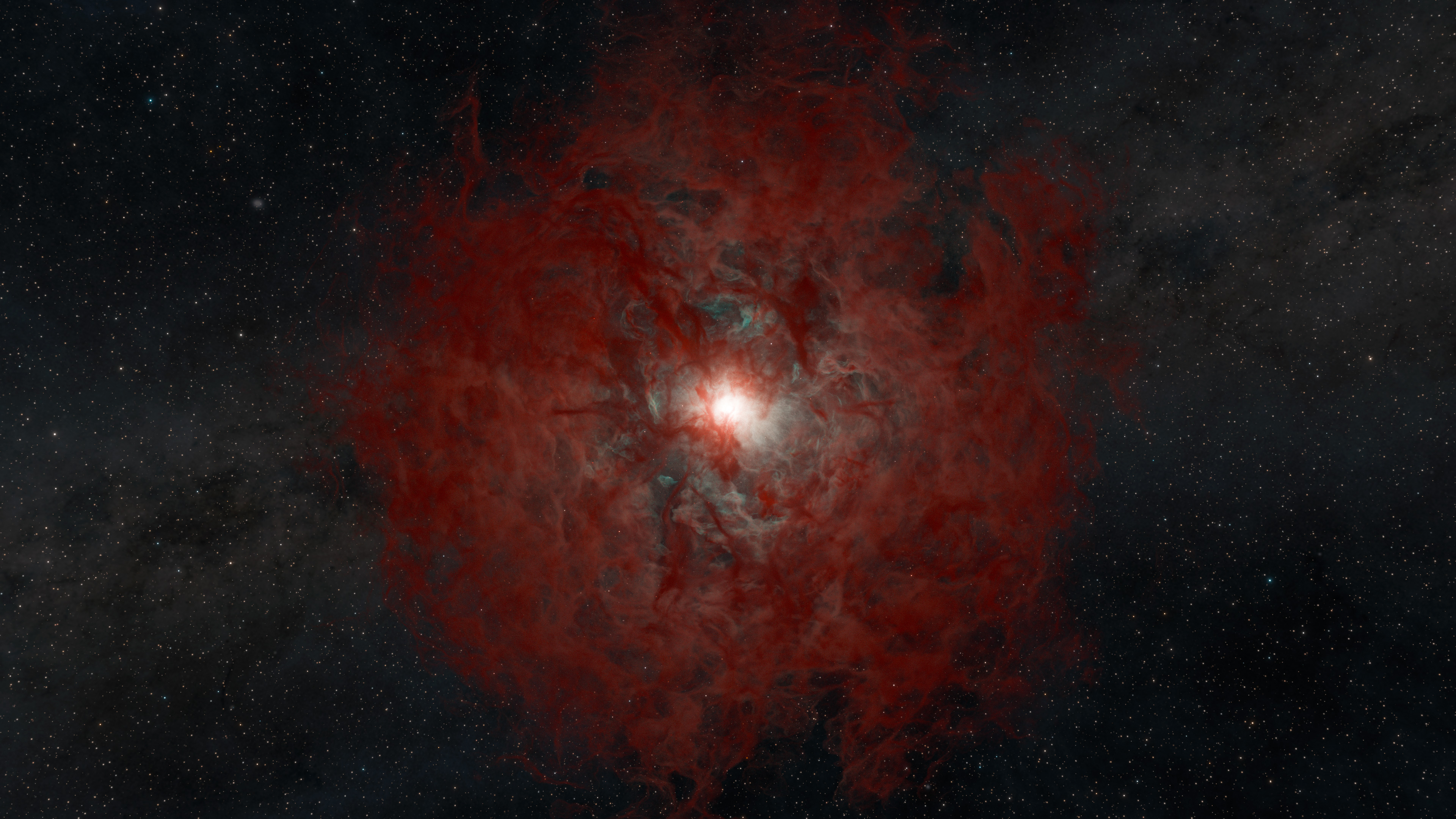Space Federation to Launch 50 Nanosatellites on Sputnik Anniversary
Breaking space news, the latest updates on rocket launches, skywatching events and more!
You are now subscribed
Your newsletter sign-up was successful
Want to add more newsletters?

Delivered daily
Daily Newsletter
Breaking space news, the latest updates on rocket launches, skywatching events and more!

Once a month
Watch This Space
Sign up to our monthly entertainment newsletter to keep up with all our coverage of the latest sci-fi and space movies, tv shows, games and books.

Once a week
Night Sky This Week
Discover this week's must-see night sky events, moon phases, and stunning astrophotos. Sign up for our skywatching newsletter and explore the universe with us!

Twice a month
Strange New Words
Space.com's Sci-Fi Reader's Club. Read a sci-fi short story every month and join a virtual community of fellow science fiction fans!
The International Aeronautical Federation (IAF), a collection of space researchers, scientists and industry professionals from around the world, is planning to launch a clutch of 50 small spacecraft to honor the 50th anniversary of Sputnik 1, the world's first artificial satellite.
Supported by Russia's Federal Space Agency and the commercial space transportation firm Arianespace, the IAF hopes to fly a single 1-kilogram nanosatellite from each of its 50 member nations by 2007 to commemorate Russia's historic launch of Sputnik and the space age it introduced.
According to preliminary plans, the soda can-sized nanosatellites will be carried as an extra payload aboard an Arianespace rocket. Each satellite is expected to have a mission lifetime of about two years and will be controlled by independent researchers at universities and other organizations.
"I think this is very important for international cooperation and it's a nice occasion to celebrate the Sputnik launch," said Arianespace CEO Jean-Yves Le Gall in a telephone interview.
On Oct. 4, 1957, Russia - then the Soviet Union - wowed the world with the launch of the Sputnik 1 satellite a 184-pound (84-kilogram) sphere about 2 feet (0.6 meters) in diameter. The first man-made object launched into space, Sputnik ushered in a space race that pushed NASA to send humans to the moon 12 years later.
Today, satellite technology plays a role in almost every facet of life, providing services that range from military and research operations to satellite television, telephone communications and personal global positioning needs.
Arianespace rockets, particularly the Ariane 4 and Ariane 5, are capable of launching smaller spacecraft in the auxiliary payload adapter that connects the launch vehicle with larger satellite payloads.
Breaking space news, the latest updates on rocket launches, skywatching events and more!
Le Gall said Arianespace has already orbited 40 nanosatellites in a single launch, and that adding 10 more seems fitting for Sputnik's 50th anniversary.

Tariq is the award-winning Editor-in-Chief of Space.com and joined the team in 2001. He covers human spaceflight, as well as skywatching and entertainment. He became Space.com's Editor-in-Chief in 2019. Before joining Space.com, Tariq was a staff reporter for The Los Angeles Times covering education and city beats in La Habra, Fullerton and Huntington Beach. He's a recipient of the 2022 Harry Kolcum Award for excellence in space reporting and the 2025 Space Pioneer Award from the National Space Society. He is an Eagle Scout and Space Camp alum with journalism degrees from the USC and NYU. You can find Tariq at Space.com and as the co-host to the This Week In Space podcast on the TWiT network. To see his latest project, you can follow Tariq on Twitter @tariqjmalik.
